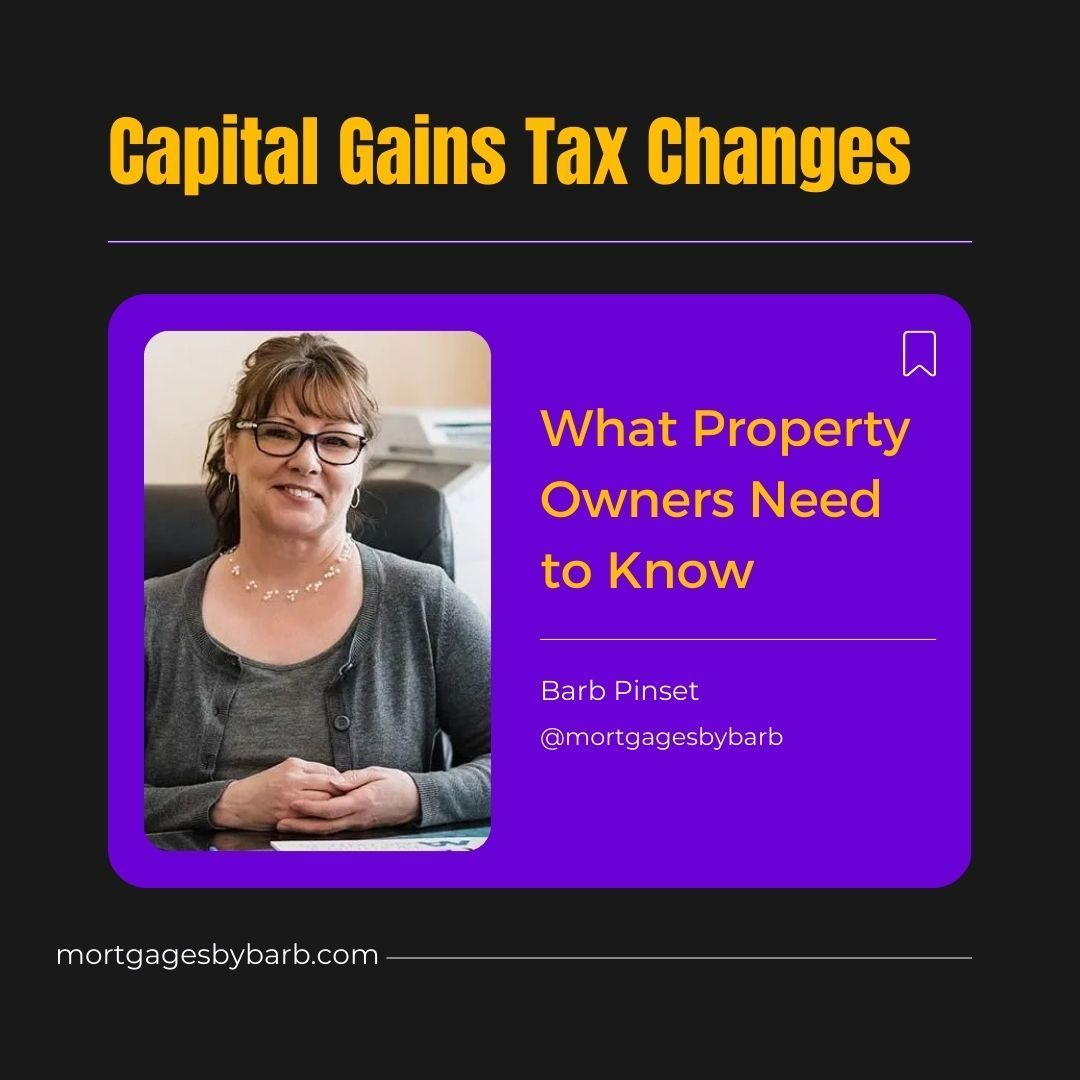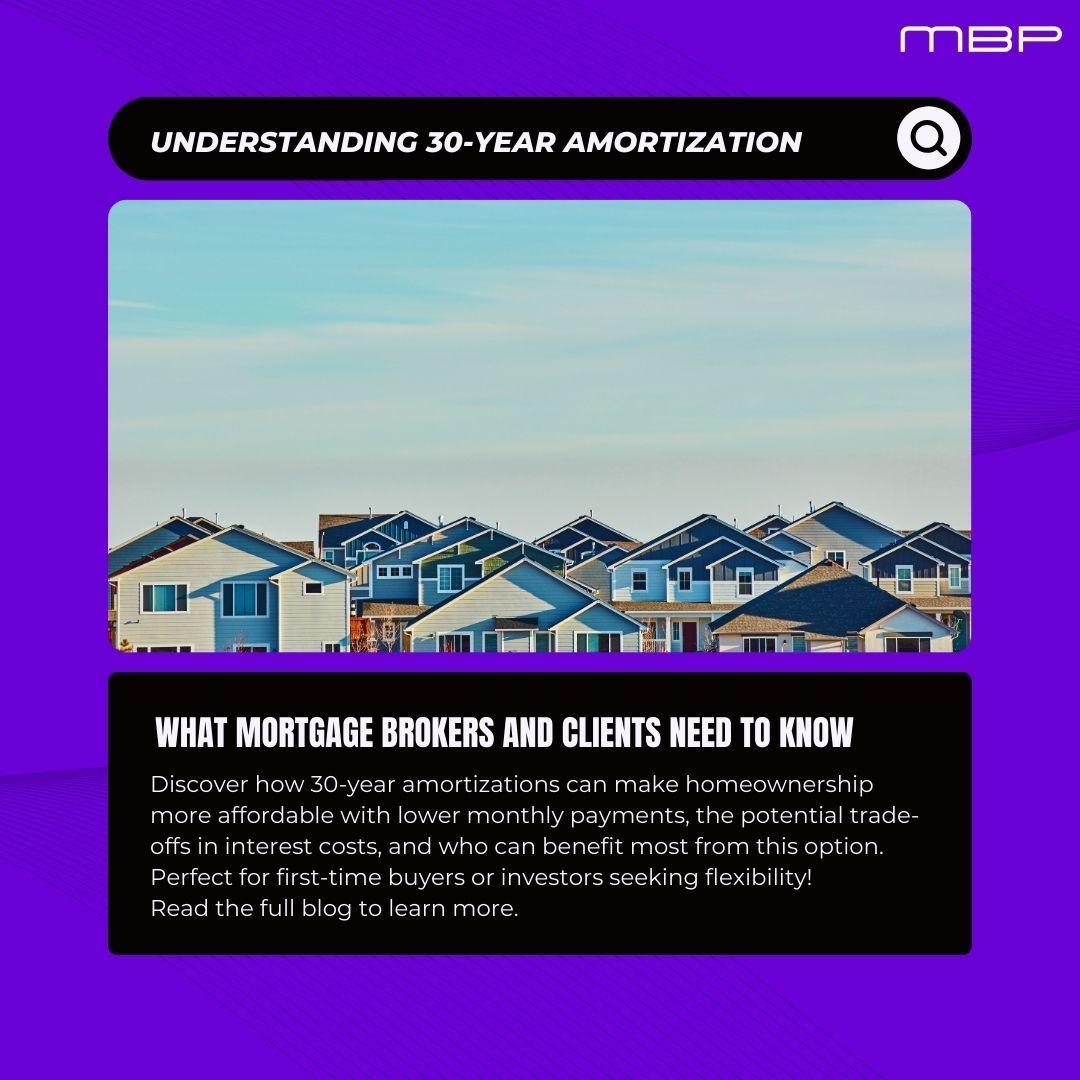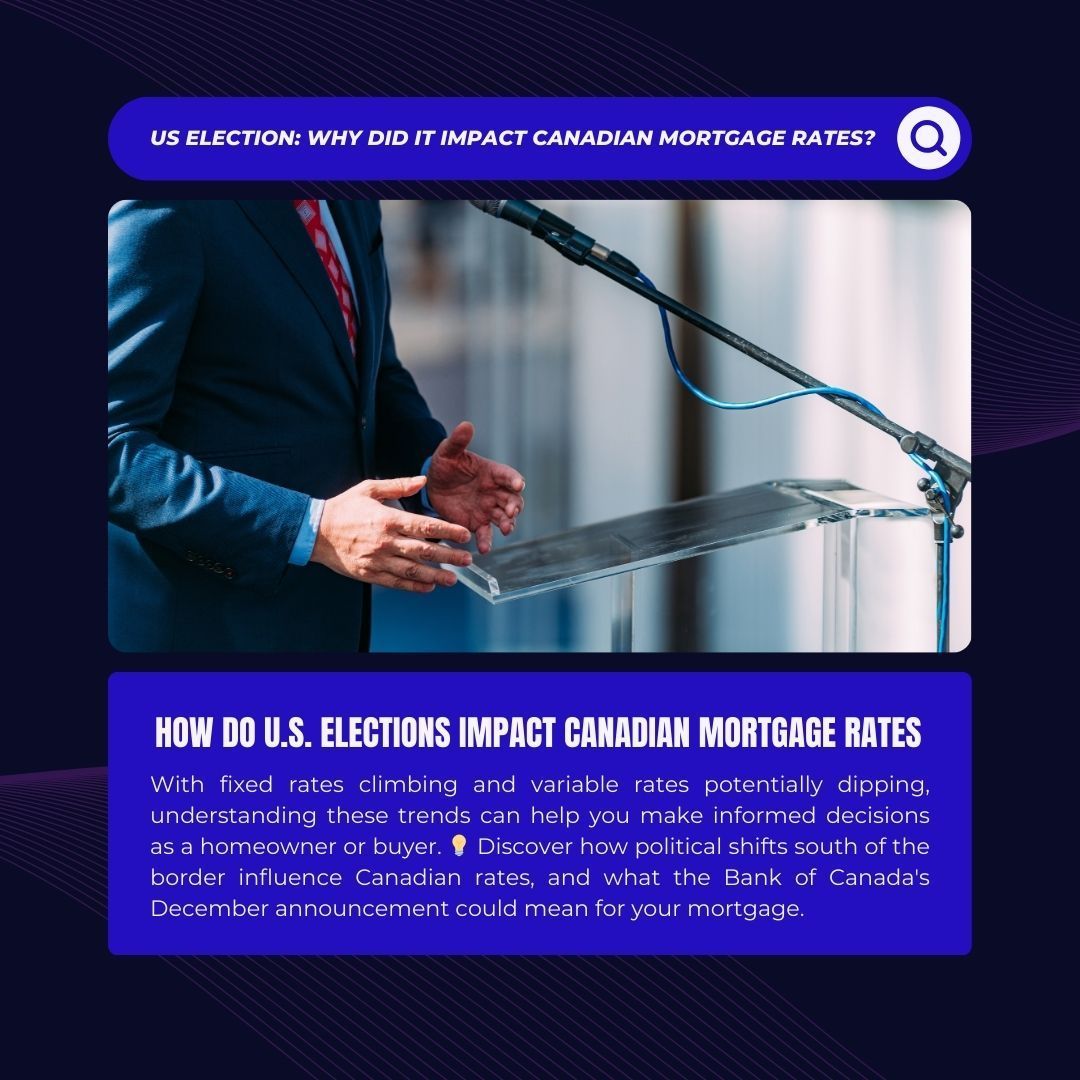Secure Your Child's Future: Back to School Homeownership Tips for Parents
Navigating the complex world of mortgage applications can be an intimidating journey for anyone. Whether you are a first-time homebuyer, renewing your mortgage, or exploring options for investments or refinancing, understanding how lenders assess and calculate your income is pivotal. As a Mortgage Broker with access to a diverse range of lenders, each with its unique guidelines and criteria, I can leverage this knowledge to provide you with the best mortgage products and solutions tailored to your specific financial situation.

When applying for a mortgage, one of the key factors lenders examine closely is your income. Your income serves as a crucial indicator of your ability to repay the loan. In this blog, we'll dive into the common types of income that lenders typically consider:
1. Standard Income from an Employer:
For salaried employees, lenders usually require your most recent pay stub and a Letter of Employment. These documents serve to validate your employment status, including your position, your employer's name and contact information, your start date, and your hourly or salary wage. Furthermore, it's vital for the lender to ensure that you are not on probation and that your income is stable. Additionally, lenders may also request the previous year's T4, demonstrating consistency in your projected yearly earnings and confirming that your income remains steady.

2. Variable Income:
This category encompasses bonuses, overtime, commissions, seasonal work, contract jobs, and other forms of income that lack guaranteed hours or salaries. To qualify for a mortgage using variable income, you typically need to demonstrate a minimum 2-year history of such earnings. For instance, if you are a nurse who consistently works overtime, the lender would rely on a 2-year average based on your most recent tax slips (T4s).
While it might seem frustrating, especially when a significant portion of your income is variable, lenders prioritize income consistency over multiple years to mitigate risk. A year-over-year increase in your variable income is preferable as it indicates reliability, whereas a declining trend could raise concerns for lenders.
3. Self-Employed Income:
Proving income can be more intricate for self-employed individuals, and the requirements vary based on your business structure.

Sole Proprietor: Lenders typically request the most recent two years of your T1 General and the T2125, also known as the Statement of Business Activities. These documents provide a comprehensive overview of your business's financial health and income. Lenders focus on your net income after expenses and may consider a 2-year average of this figure. In some cases, brokers can inflate your income by 15% to enhance your mortgage eligibility. Many self-employed individuals in Fort McMurray aim to minimize their taxable income, which can create challenges in qualifying for a mortgage. In such situations, a Mortgage Broker can help explore solutions like the Stated Income Program, which allows the use of a reasonable income figure between your gross and net income.
Incorporated Business: The rules are similar to sole proprietors, but the documentation requirements differ slightly. You'll need to provide T1 Generals, indicating whether you pay yourself through T4 or Dividends, and Business Financials prepared by a professional accountant. Business financials reveal essential information about your sales, expenses, payroll, and retained earnings, offering insight into your business's performance over the last two years. Typically, lenders prefer a two-year increasing average, unless you explore alternative lending solutions or the stated income program. However, a potential challenge is that your year-end date may not align with the usual December 31st, and financials are often not due until several months after your year-end date. This time gap can complicate the lender's assessment of your income when applying for a mortgage. Effective collaboration between your accountant and a Mortgage Broker can help bridge this gap. Additional documents like one year business bank statements, your incorporation certificate and central security register (ownership details) may also be required.

In Closing
In summary, the process of assessing and calculating income for mortgage applications can be complex and can vary depending on your employment type. As a Mortgage Broker in Fort McMurray, my expertise lies in understanding these nuances and helping you navigate the complexities of the mortgage application process.
It's essential to be prepared to provide a wide range of documents, as lenders have the right to request additional information before granting a mortgage. The mortgage application is a thorough process, as lenders want to review everything meticulously before granting loans worth hundreds of thousands of dollars. By working closely with a Mortgage Broker, you can streamline the application process, gather the necessary documents, and increase your chances of securing the mortgage that best suits your needs. With the right guidance and a comprehensive understanding of how lenders evaluate income, you can confidently pursue your homeownership dreams.










